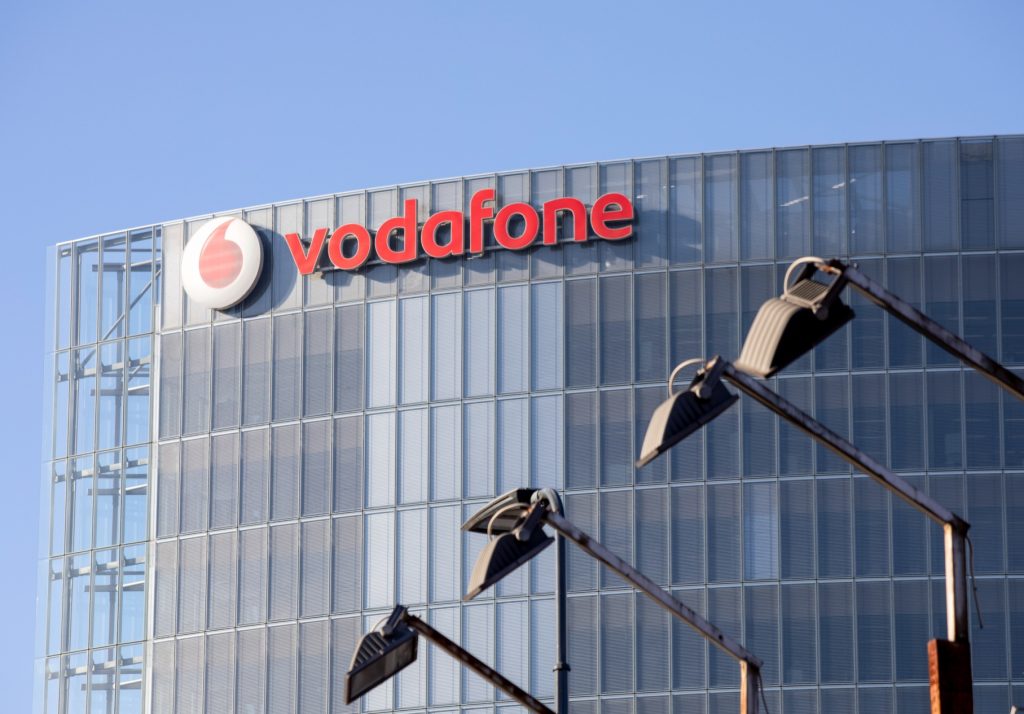Vodafone calls for Connectivity Union
July 3, 2024
By Colin Mann

Scale and Market Structure – Ensuring investment competition in mobile and fixed markets. This would include higher levels of in-country mobile consolidation and a more targeted application of the SMP framework in fixed markets during the migration from copper to fibre. Removing barriers to the provision of cross-border business services. Accelerate the scale benefits of the Digital Single Market by further harmonising and simplifying rules.
Spectrum – Enforcing pro-investment spectrum policies. Longer, or perpetual, licences would unlock network deployment business cases. Harmonised rules would prevent national regulators from using spectrum policy to further fragment markets, or to extract value from the sector through artificially high spectrum fees.
Same Service, Same Rules – Ensuring the policy framework promotes technological innovation. Services should be regulated in a fair way based on the services offered and frameworks designed to prevent ‘gatekeeper’ behaviour. This would level the playing field in the digital ecosystem, guaranteeing equivalent protection for end users irrespective of whether the service provider is a telecoms operator or tech company.
Security and Resilience – Security requirements must be risk-based, proportionate, vertically harmonised, and implemented in consultation with industry. Security requirements should not lead to fragmentation across the Single Market. A more harmonised security framework should be adopted, underpinned by guidelines, common standards, certification, reporting and notification requirements, while limiting localisation obligations.
Sustainability and Social Responsibility – Ensuring all stakeholders commit to sustainability, economic and societal responsibility. Create a more stable and predictable policy and investment environment that incorporates the cost of sustainability requirements in the framework for economic regulation and ensures all ecosystem players make responsible use of networks and services.
As 4G heralded the consumer internet age, Vodafone believes 5G is key to unlocking the potential of the industrial internet for Europe, transforming the way businesses operate. For manufacturing, where Europe has an opportunity to regain its leadership, the impact of digitalisation could be worth an estimated €2 trillion a year for the sector globally.
But the lack of a Connectivity Union risks impacting Europe’s wider economic competitiveness. Vodafone believes the incoming European Commission now has a unique opportunity to drive change and looks forward to working together with all key stakeholders on this exciting journey.
